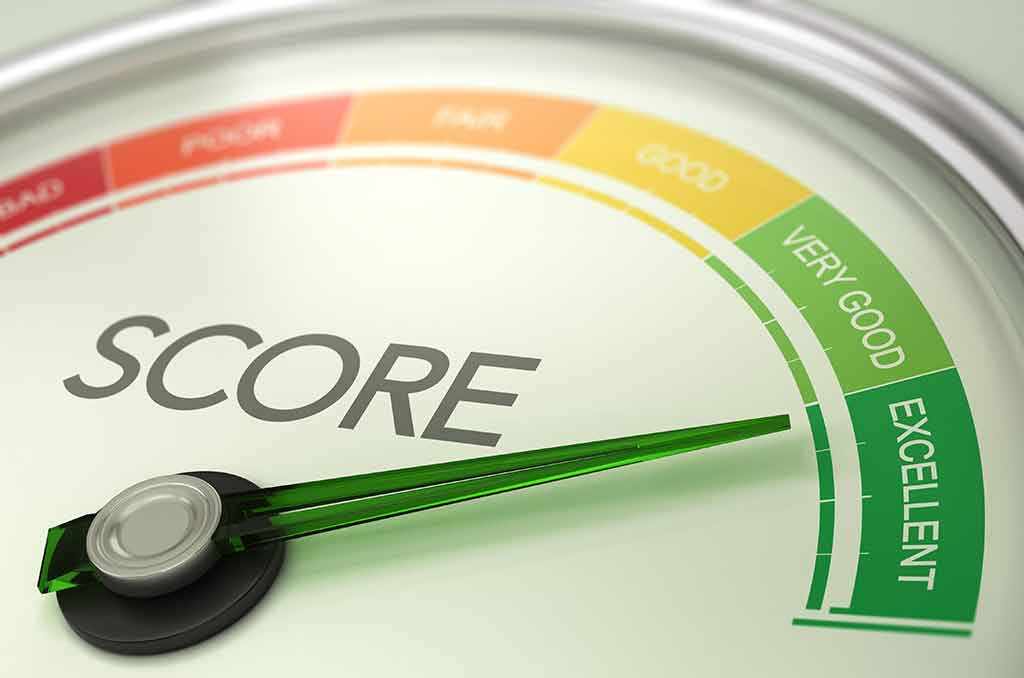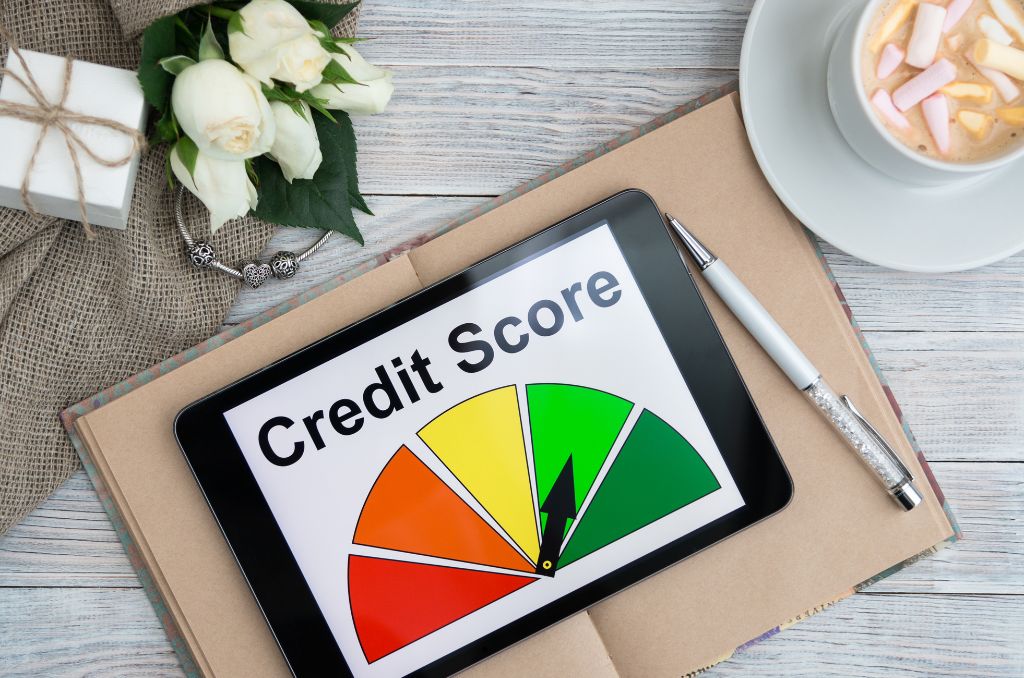Menu
Menu



Introducing your savings ally: $10,000 Saving in 52 Weeks Printable
Why It’s a Must?
(By subscribing, you agree to our terms & conditions, privacy policy, and disclaimer.)



Woohoo!
Your Printable is en route!
Check your promotion, junk, and spam folders: Sometimes, our emails can end up in unexpected folders.
Thanks
Team Penny Calling Penny!
(By subscribing, you agree to our terms & conditions, privacy policy, and disclaimer.)

Are you up for the challenge of saving $10,000 in 26 weeks?

Are you up for the challenge of saving $10,000 in 26 weeks?
This printable tracker will guide you week by week to reach your goal of saving $10,000. Whether you’re planning a big purchase or building an emergency fund, this tracker will keep you on the right path.
(By subscribing, you agree to our terms & conditions, privacy policy, and disclaimer.)